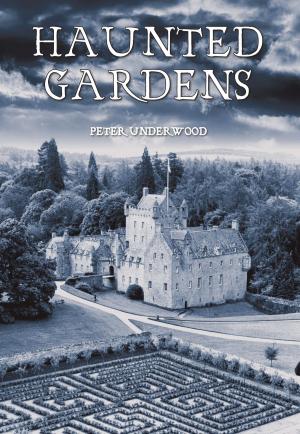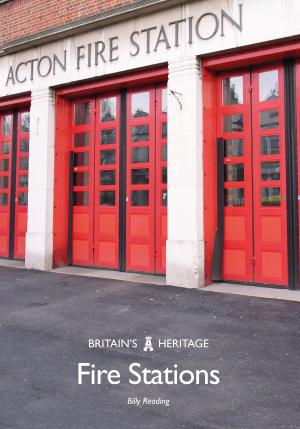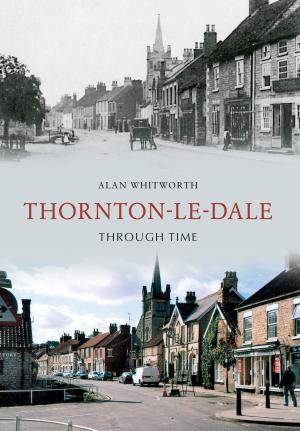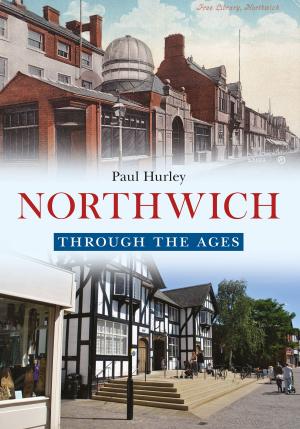Plymouth at War From Old Photographs
Nonfiction, Art & Architecture, Photography, Pictorials, Travel, History, Military, World War II| Author: | Derek Tait | ISBN: | 9781445625300 |
| Publisher: | Amberley Publishing | Publication: | September 15, 2012 |
| Imprint: | Amberley Publishing | Language: | English |
| Author: | Derek Tait |
| ISBN: | 9781445625300 |
| Publisher: | Amberley Publishing |
| Publication: | September 15, 2012 |
| Imprint: | Amberley Publishing |
| Language: | English |
During the Second World War, Plymouth suffered some of the worst Blitz damage in the country. Bustling streets such as Bedford Street, George Street and Old Town Street were totally destroyed, while popular stores including Dingles, Pophams, Boots and Woolworths were reduced to rubble. Casualties were high, yet the people of Plymouth kept their spirits up with concerts and regular dances held on the Hoe. On a visit to the city, Winston Churchill congratulated the local people by stating, 'Your homes are low but your hearts are high!' Illustrated with over 220 archive photographs and documents, Plymouth at War offers a unique record of the wartime history of Plymouth. This volume documents aspects of everyday life during this time, from the destruction of homes by enemy bombing and air-raid casualties, to the trials of rationing and evacuation and recalls the people who lived in and defended the city during those dangerous years.
During the Second World War, Plymouth suffered some of the worst Blitz damage in the country. Bustling streets such as Bedford Street, George Street and Old Town Street were totally destroyed, while popular stores including Dingles, Pophams, Boots and Woolworths were reduced to rubble. Casualties were high, yet the people of Plymouth kept their spirits up with concerts and regular dances held on the Hoe. On a visit to the city, Winston Churchill congratulated the local people by stating, 'Your homes are low but your hearts are high!' Illustrated with over 220 archive photographs and documents, Plymouth at War offers a unique record of the wartime history of Plymouth. This volume documents aspects of everyday life during this time, from the destruction of homes by enemy bombing and air-raid casualties, to the trials of rationing and evacuation and recalls the people who lived in and defended the city during those dangerous years.















